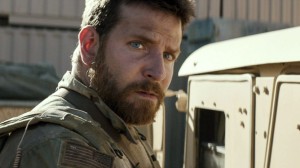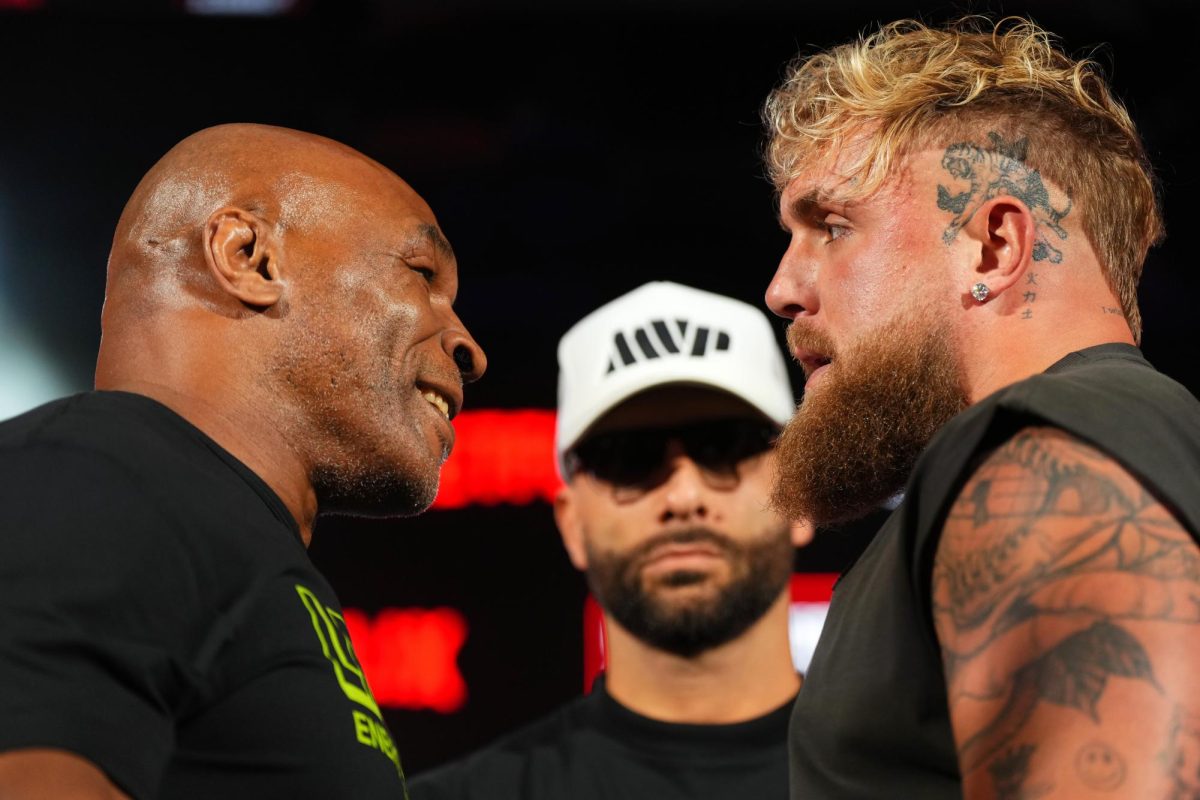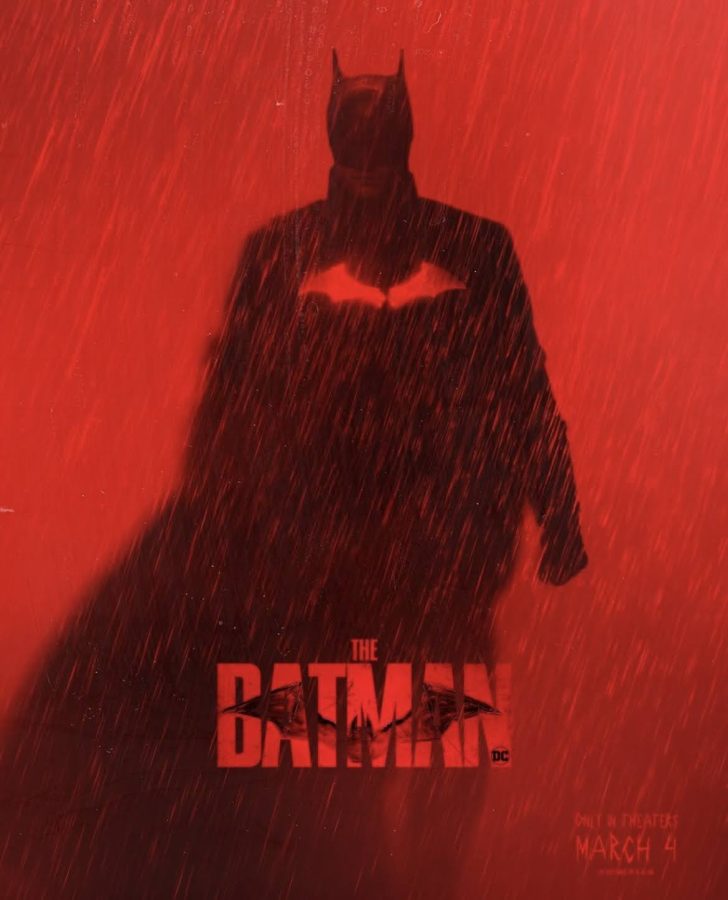No international conflict has shaped the geopolitical spectrum in the past fifteen years as much as the War on Terror. The subject of many films, such as Zero Dark Thirty and The Hurt Locker, Clint Eastwood’s American Sniper puts the Iraq War into beautifully rendered cinema once more.

A biopic of Navy SEAL Chris Kyle, Bradley Cooper plays the titular role as a Texan cowboy who enlists in the military right before 9/11. Sent to Iraq, Kyle is tasked with providing overhead protection for Marines on the ground via sniper, taking out armed insurgents.
The narrative has two main focuses. One of the focuses is Kyle’s tours in Iraq, where he is at war with the militant extremists. The other focus is Kyle’s life at home in the United States, where he struggles to decompress from intense battles overseas while trying to raise a family.
After seeing the film in a packed IMAX theater, I can honestly say that American Sniper is one of the best films of 2014. Balancing action with real human drama, Clint Eastwood has given cinema one of the most wholly American films to date.
While Kyle is on tour, the weight of his kills are initially hard felt, as he must make the call whether kids on the street are playing or preparing to take out a Marine squad by suicide bombing. At first, Kyle’s kills are weighted heavily with the audience, with the narrative showing Kyle’s internal dilemma as to whether or not to shoot. The direction is such that the viewer also has to debate whether or not Kyle’s targets are legitimate threats. Yet the more targets Kyle takes out, the more desensitized he becomes to taking another human life, just as the viewer is desensitized to his decisions to take out targets. All of these kills takes a toll on Kyle throughout the film, and in the stateside segments, he has trouble adapting to civilian life. The viewer is on that journey with him, as an engrossing forty five minute segment in Iraq where everyone is trying to kill the protagonists instantly transitions to a Sunday drive to the mall. This tonal shift is disconcerting, just as it is for Chris Kyle.
The political subtexts must be addressed as well. While the US military’s cause for occupying Iraq was questionable, what is not questionable is that the country was in shambles long before America got involved. War lords took what they wanted from people who did not have the power to defend themselves. Yet as proven in Somalia, US intervention cannot always fix a broken system. It is unfortunate that it is so hard to help developing nations, as American aid is not always welcome, and often does more harm than good. Yet casting the Global South aside to their own devices does not fall in line with moral considerations either. This leads to the conclusion that situations where terror rules the land, such as Iraq, are lost causes.
While this tangent does stem away from the topic of the article, it’s these complex questions that American Sniper raises. Yet in the end, whether or not the Navy SEALs had any business in Iraq, Chris Kyle saved countless lives, and the film does an excellent job portraying this. The action scenes felt like something out of Call of Duty, with established human attachments giving the action all the more weight.
Like all movies based on true stories, American Sniper has been accused of embellishing the truth. Well, I’m no historian, so I can’t attest to the film’s accuracy. But as a movie lover, American Sniper is incredibly well directed and executed, and is absolutely worth full price and then some.











